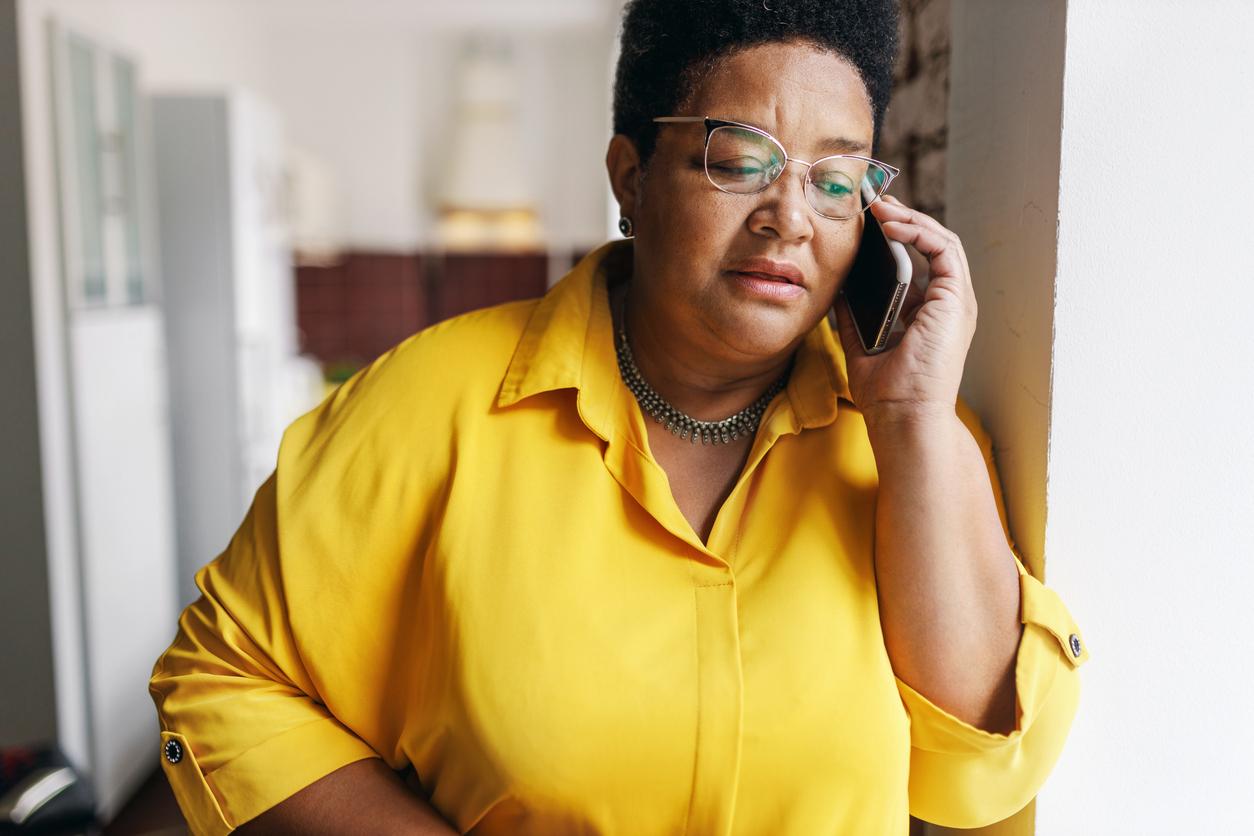
When my mother and father first showed signs of needing help as they aged, the internet was in its infancy. The best I could do was to find the phone number for a resource called Vial of Life, which was a document that iterated each of their medical histories.
Now, as an author and writer in the field of aging and memory, when friends and strangers are met with similar circumstances, I am often asked, “Where do I begin? More importantly, “How?”
The trend of resources aggregated in one place is continuing to flourish. Many organizations have developed a one-stop shop for caregivers and individuals with various health challenges who are simply confused and looking for a place to start.
One Call
The Alzheimer’s Association organizes a 24/7 Hotline (800-272-3900), 365 days a year for individuals to access a free service and speak to specialists and clinicians who can offer support to individuals with dementia, caregivers, concerned family members and the public. Through the hotline, which also can be reached through a three-digit number of 711, one can access information regarding symptoms of Alzheimer’s and other related dementias, legal and financial advice, as well treatment options. And if you’re of a different generation, you can log on to the website (alz.org), and “live chat” with an agent who will direct callers to all the above, including pointing you in the direction of local resources. Note, the hotline is not meant for diagnosis, but to connect callers with the appropriate experts.
There are other organizations out there that provide support geared toward more specific demographics, including Cincinnati’s Jewish Family Services, which was based on a similar program in Pittsburgh. JFS launched a campaign and support center called AgeWell. According to their website, “AgeWell Cincinnati is a coordinated, central solution that links older adults, their family members, friends, and caregivers to community resources for aging well in Jewish Cincinnati.” While they focus on many aspects of aging that are typical, they also extend their focus to counseling, housing and transportation.
Finally, many non-profits raise funds to support a wide variety of counseling services that involve planning. In Cincinnati, an organization called Giving Voice Foundation was founded by a family practice physician and his partner, with a primary goal to empower caregivers. They launched Purposeful Planning to focus on education, communication and emotional support. With the idea that improving the lives of a caregiver improves the lives of loved ones, they offer community referrals and care planning guidance too.
Note there are also for-profit services that will provide support for a fee. Those costs vary company to company. Anyone seeking help through those agencies should ask about hidden fees, final price quotes and billing policies.
Government Programs
In December 2023, the National Health and Human Services released an update to their plan on how they can “accelerate research, expand treatments, improve care, support people living with dementia and their caregivers, and encourage action to reduce risk factors.”
This included the Centers for Medicare and Medicaid Services, who had announced in July, that they developed a new program that involves a package of care coordination and management, caregiver education and support, and respite services, calling this new dementia care model GUIDE (Guiding an Improved Dementia Experience). Through the CMS, the aim to, “improve the quality of life for people living with dementia, reduce strain on unpaid caregivers, and help people remain in their homes and communities through a package of care coordination and management, caregiver education and support, and respite services.”
The demonstration will not only test new processes on payment to providers but also use said providers to help individuals access a care navigator through clinical and non-clinical services. The model will provide training programs, as well as further the link between advanced clinical settings and community-based healthcare. Applications for the GUIDE program opened for medical providers in January 2024. For further information, you’ll need to contact your doctor or practice if they have joined this program.
Recently, I led a writing workshop for caregivers. Afterward, I commented to a colleague, “I wish these types of opportunities, and other resources, had been in existence when my parents were alive.” Those of us who knew what was missing in the community have filled a need for the next generation of caregivers.